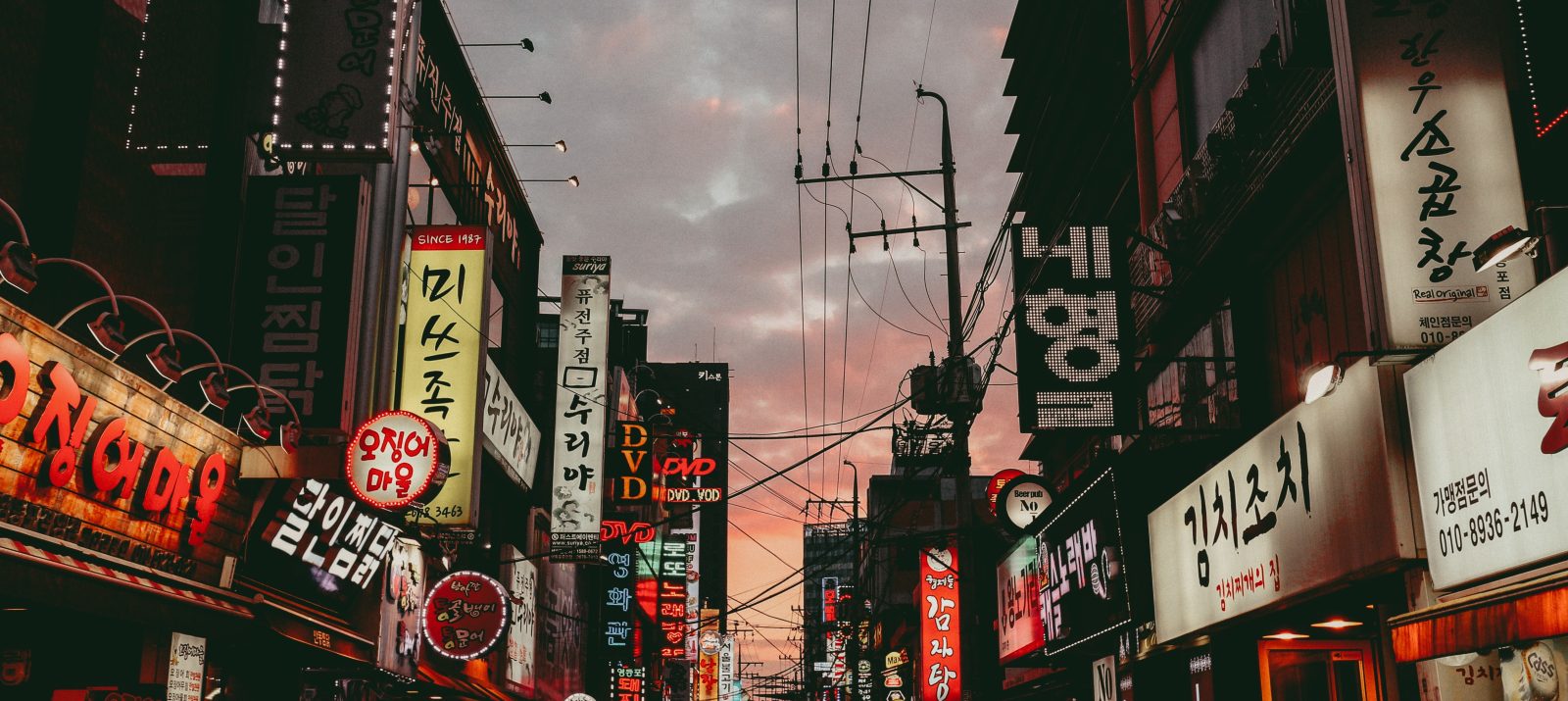
Five to ten young people on one stage, colorful outfits and even more colorful hairstyles. In addition, catchy melodies, lyrics about love and life. And above all, an impeccably choreographed show. If it looks like that, it’s probably K-pop. Pop music from Korea, which has been enjoying huge success around the world for some time.
Since the 1990s, the wave of Korean pop culture was set in motion and has been growing ever since. After television productions (K-dramas), Korean music (K-pop) was increasingly exported. First in the Asian region, later to the whole world. The song ‘Gangnam Style’ by the singer ‘Psy’, for example, was one of the first Korean songs to top the international hit lists, bands like BTS got more and more presence in the international music market. Fan groups were formed, festivals were held, and international media reported. Especially in social networks, Korean stars are well known and find many fans, especially young.
Within a very short time, a real Korea hype and enthusiasm for Korean culture arose. Comics, computer games, food or fashion from South Korea received more attention than ever before.
The stars of music and film offer their fans a seemingly perfect world with a high feel-good factor. The melodies and themes are catchy and indisputable, the classic themes of growing up are dealt with, emotions, love, friendship. The stars always remain politically correct and give topics with scandal potential a wide berth.
The artists themselves also always seem to do everything right. They look like works of art made flesh, deliver flawless performances during appearances or interviews, and thus serve the needs of fans excellently. Bands like BTS release several albums a year, plus merchandise of all kinds. But contact with the fans is also cultivated, there are meet-and-greets and digital lunches with the audience, behind-the-scenes videos and numerous offers that enable personal contact or at least pretend to. Add to this the exoticism of the stars, their language and culture, as perceived in Europe – and you have the perfect entertainment package.
There is a large and financially strong industry behind Korean cultural products. The stars are often cast as children or teenagers and trained for years to become “perfect” entertainers. Behind the shiny facade is not only hard work, but often pressure, gagging contracts or exploitation. Parents and children should also be aware of this side of the immaculate K-pop culture. In this way, unrealistic ideas about life as an artist, but also, for example, unattainable ideals of beauty, can be questioned and illuminated.
Moreover, not all K-productions are as harmless as they sometimes seem. The series Squid Game, for example, made a name for itself primarily through brutality – and had the potential to lastingly disturb children and young people.
The same applies here: Enthusiasm for the offers with the ‘K’ is welcome, but always with the necessary critical eye.